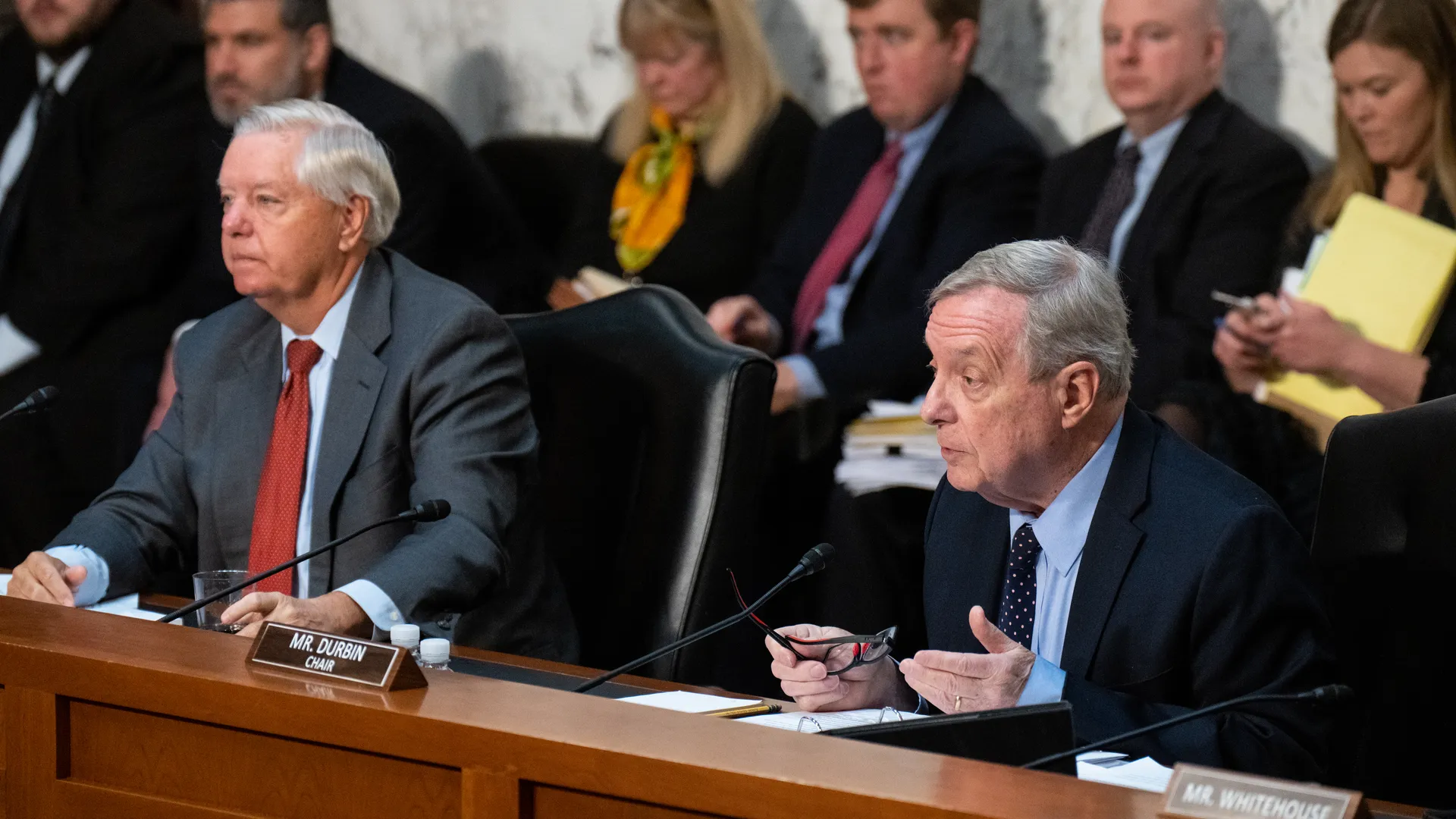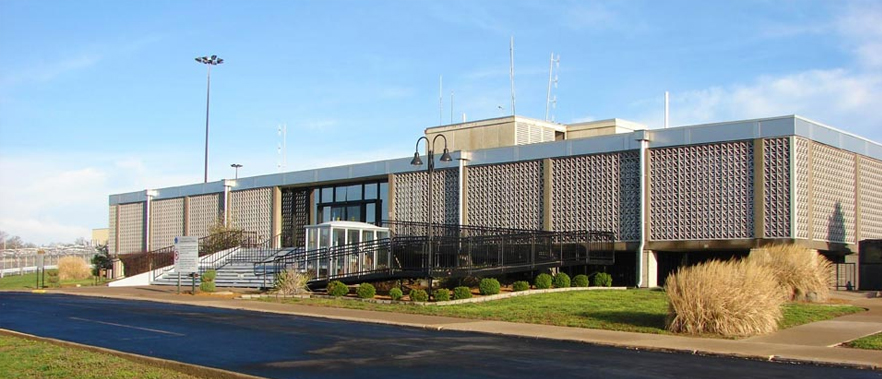The United States is pouring over $181 billion each year into a broken criminal justice system that perpetuates cycles of violence and incarceration. This staggering sum highlights the urgent need for comprehensive reform in policing, sentencing, and rehabilitation. As reported by Bureau of Justice Statistics, the federal response to crime has evolved, but the results remain disheartening. The time has come to confront the systemic failures that plague our justice framework.
Incarceration Rates Remain Alarmingly High
Despite decades of reform efforts, the U.S. maintains the highest incarceration rate in the world. According to a report by Reflections on Criminal Justice Reform, punitive policies have flourished since the War on Drugs, leading to significant resources being allocated to a system that fails to rehabilitate. This relentless cycle of punishment disproportionately affects communities of color, illustrating a deep-rooted racial bias that must be addressed.
Police Accountability Remains a Distant Dream
Calls for police accountability have intensified in recent years, yet the mechanisms for holding law enforcement accountable remain inadequate. As highlighted in the Putting Justice Back Into Criminal Justice report, many policies fail to protect citizens from police misconduct. This lack of accountability fosters a culture of impunity, allowing officers to escape consequences for abusive behavior. The need for reform in this area is critical to restoring public trust.
\n\n
Senate panel subpoenas Harlan Crow, Leonard Leo in SCOTUS ...
Prison Reform Must Address Root Causes
Prison reform initiatives often focus on reducing overcrowding without addressing the root causes of crime. The Criminal Justice Reform Statistics reveal that while some progress is being made, the underlying issues that lead to incarceration—such as poverty and lack of access to education—remain unaddressed. Comprehensive rehabilitation programs that prioritize mental health and addiction services are essential for breaking the cycle of recidivism.
War on Drugs Continues to Devastate Communities
The so-called War on Drugs has inflicted severe damage on American communities, particularly those already marginalized. As discussed in Popular Justice: A History of American Criminal Justice, the policies enacted during this era have led to mass incarceration without any significant decrease in drug-related crime. Instead of treating addiction as a public health issue, the criminal justice system continues to punish individuals, perpetuating stigma and hindering recovery.
\n\n
BOP: Name Changes Approved for Seven FBOP Facilities
Data Shows a Need for Change
The latest statistics from the FBI reveal over 14 million criminal offenses reported in 2023, underscoring the sheer volume of cases that burden our legal system. This influx of cases highlights the inefficiencies present at every level, from police investigations to courtroom proceedings. The urgent need for reform cannot be overstated, as our current approach is not only fiscally irresponsible but morally indefensible.
It is time to reimagine a criminal justice system that prioritizes rehabilitation, community safety, and accountability. The current model, with its emphasis on punishment over justice, must evolve to ensure that it serves all Americans equitably. The call for reform is not just a policy issue; it is a moral imperative that demands immediate attention.

![[Video] Anti-ICE Protester Pepper Sprayed as CBP Agents Disperse Crowd in Minneapolis](/_next/image?url=%2Fapi%2Fimage%2Fthumbnails%2Fthumbnail-1768260677127-y71sb7-thumbnail.jpg&w=3840&q=75)

![[Video] Several injured as U-Haul truck drives through Iranian protestors in Los Angeles](/_next/image?url=%2Fapi%2Fimage%2Fthumbnails%2Fthumbnail-1768176682028-q95y6j-thumbnail.jpg&w=3840&q=75)
![[Video] Scuffle breaks out between Trump supporters and Anti-ICE protesters in Times Square](/_next/image?url=%2Fapi%2Fimage%2Fthumbnails%2Fthumbnail-1768165958203-hgcgb-thumbnail.jpg&w=3840&q=75)


![[Video] Gunfire between Iraqi security forces and Sadr militias in Baghdad](/_next/image?url=%2Fapi%2Fimage%2Fthumbnails%2Fthumbnail-1768343508874-4redb-thumbnail.jpg&w=3840&q=75)
